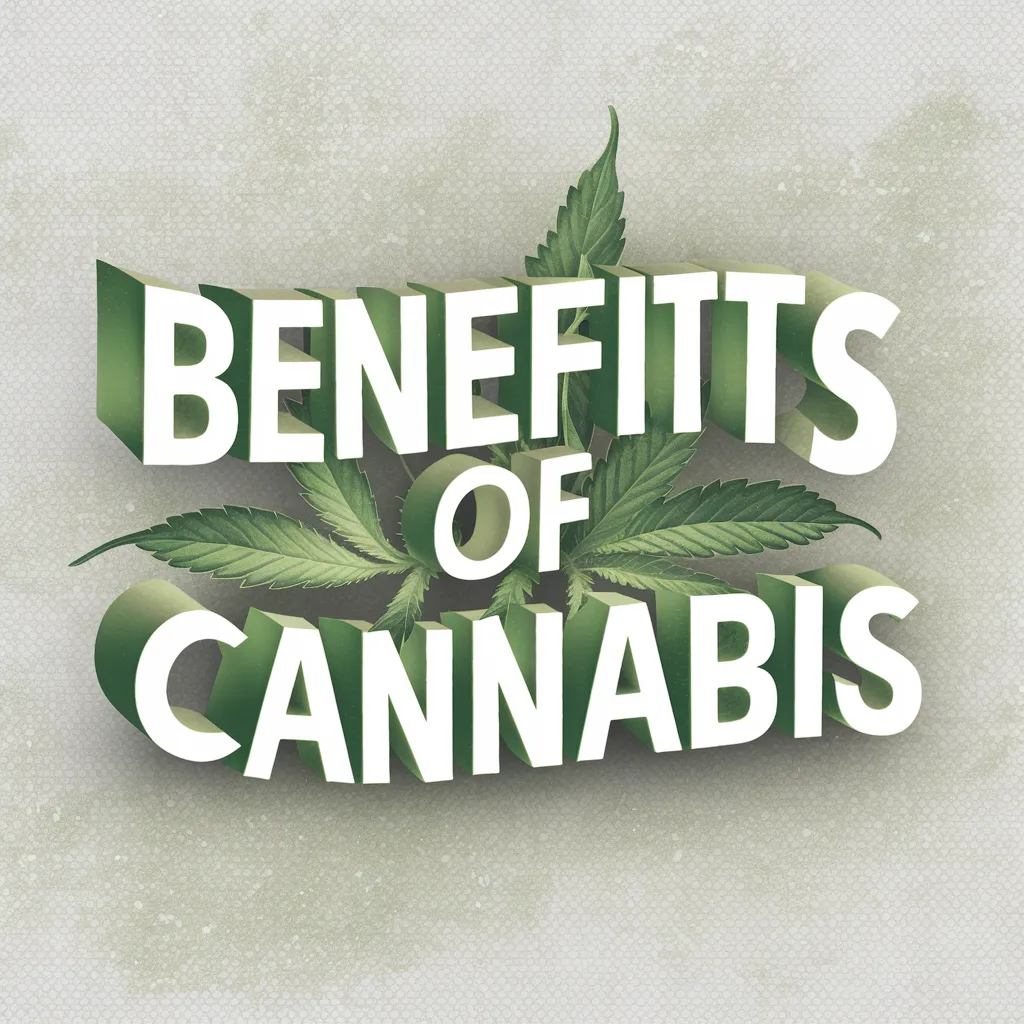Postpartum depression (PPD) sufferers frequently have symptoms that significantly impair their ability to go about their everyday lives. Although antidepressants are the usual medication used to treat PPD, some individuals with the disorder have turned to cannabis, and for good reason. Cannabis has the potential to help PPD sufferers by notably reducing their symptoms. If a patient wishes to use marijuana to treat PPD, he needs a medical card. If you don’t already have one, obtaining one is easy; you can apply for a medical card online from the comfort of your home.
Nonetheless, nursing parents need to consider the possibility of THC intoxication for their developing child. Ultimately, before using marijuana to treat postpartum depression, it is advised that you consult your physician.
Understanding Postpartum Depression
Many new parents go through mood swings, crying fits, anxiety, and trouble sleeping after giving birth. Known as the “baby blues,” these emotions usually go away in the first two weeks following delivery.
But after giving birth, up to 20% of women experience PPD. Unlike “baby blues,” postpartum depression lasts longer and can make it very difficult to resume regular activities. PPD is more common in adolescents, those who give birth to premature babies, and those who live in cities. It is characterized by extreme sadness, exhaustion, depression, and mood swings.
A person’s health, their parenting style, and the development of their child can all be impacted by postpartum depression, also known as postnatal depression. PPD risk factors include:
- Psychological: People with a history of sexual abuse, premenstrual syndrome (PMS), clinical depression, anxiety disorders, and other conditions like difficulty accepting the baby’s gender are frequently at risk of developing postpartum depression.
- Risky pregnancy: Pregnancy at risk increases the risk of postpartum depression (PPD). Examples of these risks include emergency cesarean sections and hospital stays during pregnancy. Preterm birth or low birth weight are other pregnancy risk factors that can result in PPD, as can meconium passage, which is the baby’s first bowel movement during delivery.
- Biological factors: postpartum depression is far more common in people aged 13 to 19. In addition, PPD is predisposed to people with conditions like diabetes.
- Social factors: People with a higher chance of developing PPD are those who do not have strong social support, including relationships that are financial, emotional, or compassionate.
The first few weeks following childbirth are when PPD symptoms typically appear, but they can also appear earlier—even during pregnancy—or later—up to a year after giving birth.
Symptoms of postpartum depression could include:
- Depressive symptoms, anxiety attacks, and mood swings
- Excessive crying
- Trouble bonding with the newborn
- Withdrawing from social interactions
- Eating more or less than usual
- Sleeping too much or too little
- Fatigue or restlessness
- Irrational fears and hopelessness
- Feeling shame or guilt
- Difficulting concentrating
- Thoughts of harming oneself or the newborn child
- Recurring thoughts of death or suicide
Rarely, even more severe postpartum mood disorders, such as psychotic episodes, can strike 1 in every 1,000 mothers. These are often referred to as postpartum psychoses and can include disorientation, delusions, difficulty falling asleep, and hallucinations. If a postpartum woman encounters these symptoms, she should contact a healthcare professional right away.
Does postpartum depression qualify for medical marijuana treatment?
States in the United States have different qualifying conditions for medical marijuana. Nonetheless, a few states have legalized medical marijuana for the treatment of anxiety, insomnia, depression, and PTSD, among other mental health issues. Mothers who are suffering from PPD may be affected by these conditions.
Certain states, like New York, permit state-certified MMJ card doctors to assess a patient’s eligibility for medicinal marijuana, taking into account any condition that may not be specifically mentioned in state law.
The Pros and Cons of Cannabis Use for Postpartum Depression
It’s possible that new parents will hesitate to try medical marijuana to treat PPD symptoms because of preconceived notions about cannabis use. This was the case with life coach and blogger Celia Behar, who used medical marijuana to treat chronic depression, insomnia, and anxiety following childbirth.
Celia was diagnosed with severe PPD symptoms following the birth of her first child and was prescribed Prozac, which she called a “lifesaver.” Prozac, however, also caused a number of undesirable side effects, such as severe insomnia, shaky hands, and migraines. As a result, Celia stopped taking Prozac and went to counseling to deal with her ongoing anxiety. She tried for a second pregnancy after taking a combination of Ativan, Valium, and Xanax.
After having her second daughter, Celia’s PPD symptoms became worse, and a friend suggested that she try medical marijuana as an alternative treatment. Celia quickly discovered that her insomnia vanished when she smoked marijuana at night. Instead of experiencing the unpleasant side effects of the other conventionally prescribed medications, she woke up relaxed, happy, and rested.
Pros
Researchers haven’t looked into the relationship between cannabis and PPD in great detail. Due primarily to marijuana’s antidepressant properties, many self-reported studies demonstrate a positive correlation, while others oppose marijuana use for new mothers.
Due to marijuana’s numerous documented benefits, people with depression and PPD, by extension, are roughly twice as likely to use it as the general population.
In a recent study, the majority of patients (over 95%) who used medical cannabis to treat depression reported feeling better right away, according to the Journal of Biology and Medicine. They expressed feeling content, upbeat, calm, and at ease.
Similar results were observed in another 2018 study, where patients using medical cannabis reported perceived improvements in depressive symptoms of up to 50% and in anxiety and stress levels of up to 58%.
Cons
Marijuana use has risks, just like any other drug. Tolerance, withdrawal symptoms, and diminishing returns with regular, long-term use are among the risks associated with cannabis use. Additionally, especially when taken in larger doses, marijuana can exacerbate anxiety and have a detrimental effect on short-term memory. Persistent high-THC use over time also raises the risk of psychosis in individuals with genetic predispositions. In certain people, high THC dosages can also cause depression.
Along with the usual risks associated with marijuana use, pregnant women should be aware that THC can have an adverse effect on the brain development and function of the unborn child. According to a study released earlier this year, children whose mothers used marijuana while they were pregnant were more likely to experience stress and anxiety. It is important for postpartum women to be aware that THC can be transferred from the mother to the infant through breast milk, which may raise the risk of developmental problems.
Tips for Safe and Informed Cannabis Use if You Have Postpartum Depression
Before using marijuana to treat postpartum depression, patients must consult a doctor to see if it’s the right course of action. Next, they need to locate a reliable, lawful supplier of medicinal marijuana, making sure that each product is examined in a lab and is free of contaminants.
When nursing, women should think about the possible hazards to the brain development and health of their unborn child. Postnatal cannabis use may be harmful because prenatal cannabis use has been linked to negative outcomes such as small-for-gestational-age infants, preterm birth, fetal neurodevelopmental consequences, and impaired cognitive development.
Products with low-to-moderate THC levels, higher CBD levels, and the complete spectrum of therapeutic compounds from the plant may be most effective for women who are not nursing. The “entourage effect” refers to the way that the cannabinoids, terpenes, and flavonoids in these “full spectrum” smokable flower and extract products work together in the body to enhance healing.
People should think about using marijuana in moderation, regardless of the type of product, to reduce negative side effects and make sure they’re mentally stable enough to look after their kids.
Some choose not to use full-spectrum products but rather use broad-spectrum or CBD isolate in order to alleviate anxiety without being intoxicated by THC. These products can be safer substitutes because they have very little to no THC, especially for nursing mothers.
How Cannabis May Aid in Alleviating Postpartum Depression Symptoms
Cannabis relieves the symptoms of depression quickly. In addition, calming terpenes like myrcene and linalool found in moderate THC strains (cultivars, chemotypes) can promote restful sleep and a better night’s sleep. Immediate mood improvements, decreased stress, and decreased anxiety combined with improved sleep quality can be a potent combination in the fight against postpartum depression.
Final Words!
For those suffering from postpartum depression, medical marijuana can be a lifesaver, offering quick relief from depressive symptoms. When treating PPD, medical marijuana has a lot of potential advantages. However, women who are expecting or nursing a child should be aware of the potential harm that THC can cause to a developing child and may want to look into pure CBD products as a safer option.
Before using marijuana as a substitute treatment for postpartum depression, all expectant mothers and nursing mothers should consult with their physicians.





